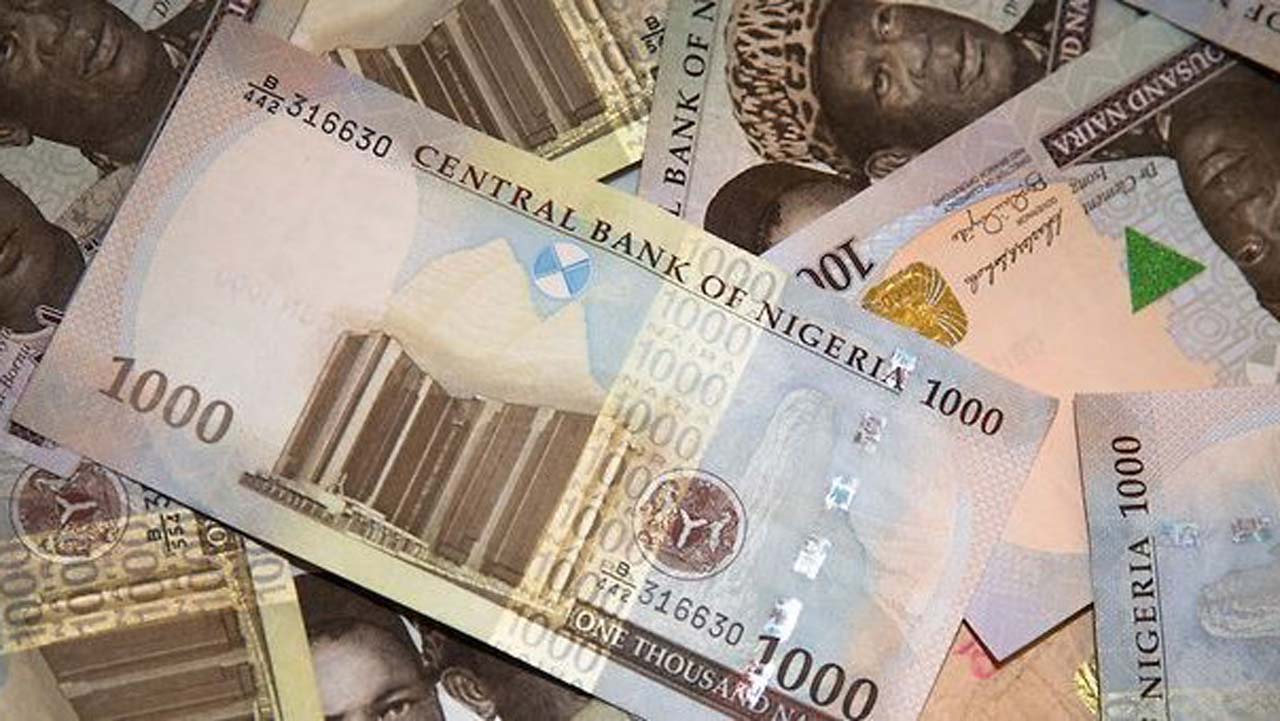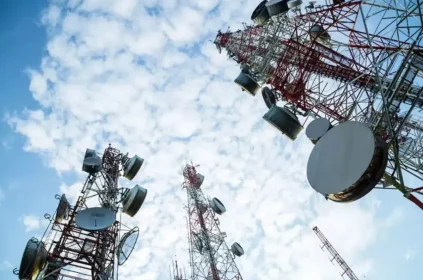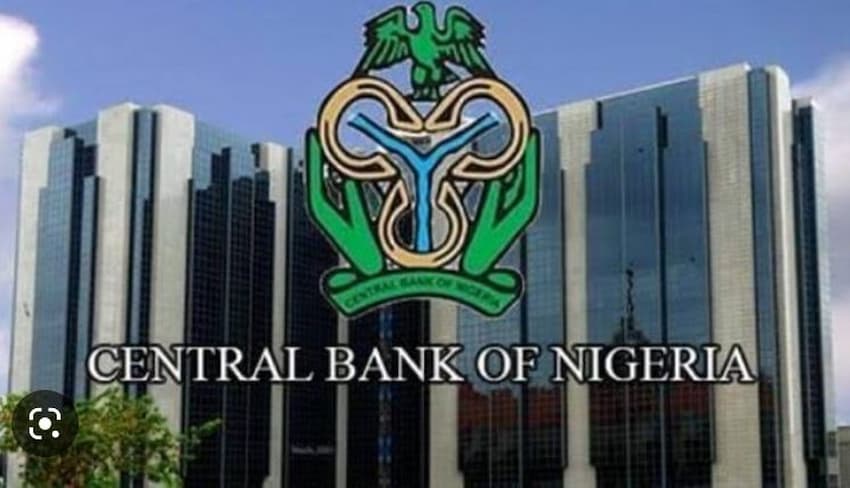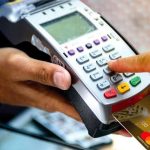Central Bank of Nigeria, CBN, has issued a new guidelines detailing how Nigeria’s digital currency called the e-Naira will work.
The CBN issued the guidelines to banks operating in the country.
Also, the guideline features how CBN will design, issue and regulate the e-Naira.
The apex bank also said the digital currency will officially launch on October 1.
Speaking on the digital currency, the Central Bank Governor, Godwin Emefiele said thus:
“Given the significant explosion in the use of digital payments and the rise in the digital economy, the CBN’s decision follows an unmistakable global trend in which over 85 per cent of Central Banks are now considering adopting digital currencies in their countries.”
What You Must know:
The Central Bank of Nigeria said All Nigerians – both account and non-account holders – will have access to the e-Naira.
Also, CBN said the digital currency will be a legal tender in the country. This means that you can can and or sell using the digital naira.
Meanwhile, the e-Naira will have non-interest-bearing CBDC status and a transaction limit for customers.
The currency will also have a value-based transaction limit.
ALSO READ: Nigeria’s Central Bank Launches Digital Currency October 1st
What it means is that customers will have transaction limits at which they will access the e-Naira.
Where Banks Come In:
To meet the October 1 deadline for launch and use of the e-Naira by all Nigerians, commercial banks will facilitate its onboarding.
Banks will also provide services for its seamless adoption by Nigerians.
Banks and other licensed operators will have to create their own wallets to facilitate the adoption and use of the digital currency.
So, CBN will allow Nigerian banks to invite all their customers to register for the e-Naira.
Also, the Nigerian digital currency will be subject to comprehensive security checks.
The apex bank will also keep all data and personally identifiable information (PII) of the ledge.
It will also not store the (PII) on the ledger.
CBN said it will not charge any fee against Merchants nor Customers using the wallet.
Who Qualifies for The CBN’s e-Naira:
The CBN has said that the e-Naira will be available to three categories of people in the country.
The Speed Wallet, as CBN calls it, will have the following categories, viz:
First Category Wallet:
Non-Account Holders’ Category:
In this first category, anybody who has no bank account can access the e-Naira with ease.
This category has both spending and savings daily limits.
If you fall within this category, then you can only have a total balance of N300, 000 Naira daily in your e-Naira wallet.
Also, you can only send and or receive a maximum of N50, 000 daily through your e-Naira Wallet.
That means you cannot trade above N50, 000 daily with the e-Naira if you are in this category.
Requirements for accessing e-Naira in this category:
The CBN said anybody that falls within this category will produce the following as minimum requirements:
- Your name.
- You will also provide your Date of Birth and Place of Birth.
- Your Phone number and your home address.
- Also, you will provide your National Identification Number (NIN).
- The CBN will validate the NIN before the person can have access to the e-Naira.
- Also, users will submit a passport photograph before such a person can open the first category of the e-Naira Wallet.
The Second Category Wallet:
Those who already have accounts with banks fall within this second category.
However, you must have linked your existing accounts in those banks with your Bank Verification Number (BVN).
Users of the second category of e-Naira wallets can receive or send only a maximum amount of N200, 000 naira daily.
Also, they can have a balance of N500, 000 in their wallets and no more than that.
Requirements for the second category wallet:
If you want to open an e-Naira wallet under the second category, then you must provide your BVN.
The banks can also instruct you to update or verify your data that is already in their database, like name, number, date of birth, etc.
However, the minimum requirement for this level is your BVN.
Third Category Wallet:
CBN also revealed that some people will access the e-Naira under its third category.
Under this category, you can send or receive a maximum sum of one million naira (N1, 000, 000).
Also, if you must operate this an e-Naira wallet of this category, then you will have a daily cumulative balances of five million naira.
This category also allows users to have a daily cumulative balance of up to five million Naira (5,000,000).
However, CBN did not place any limits as to how much users can have in their e-Naira third category accounts.
Merchant banks or those with merchant levels can only access one, million Naira in this category of e-Naira
Requirements:
If you want to open this category of e-Naira account, the you must provide your BVN.
How The e-Naira Will Operate:
The Apex bank said the e-Naira will work in five stages which include roles the CBN will play and where banks come in.
According to the regulator, commercial banks will create digital wallets for customers for the operation of the e-Naira.
Meanwhile, the CBN has provide five stages it said participants will participate in the e-Naira program:
The stages include:
Stage one:
Monetary Authority Group:
Under this stage, CBN has the exclusive presence to issue, distribute, redeem and or destroy the digital currency if need be.
Also, the CBN has the exclusive authority to store data on a cloud server, monitor and analyse all currency transactions.
Stage two:
Financial Institutions Group:
Under this stage, licensed financial institution will be able to request e-Naira or issue stable coins.
Also, they can manage digital currency across branches and ensure all transactions meet KYC and AML requirements.
KYC means “Know your Customers.”
It is a mandatory process in which financial institutions identify and verifying their customers’ identity when opening an e-Naira accounts.
AML, on the other hand means, anti-Money Laundering.
Stage Three:
The eGovernment:
This stage is meant for the government.
Under this stage, the government agencies, ministries and departments will process digital payments from citizens and businesses.
The government bodies will receive taxes, fines, disburse budgets, royalties, etc in digital naira from citizens and others.
Stage Four:
Under this stage, merchants will provide low-cost payment and business management software to facilitate the e-Naira usage.
Also, they will provide Point of Sale (POS), remote payment solutions, online capabilities, transaction analysis and reconciliation.
Stage Five:
This stage covers Retail Consumers:
Under this stage, retail consumers will get smart digital designs for a great user experience.
This stage will also feature innovations, advanced privacy and security and architecture for seamless operation of the e-Naira in the country.
Implication For You:
The CBN’s e-Naira guidelines clearly is encompassing and it is a smart move by the Nigerian CBN.
With the digital naira, Nigerians will join the world citizen in embracing the digital currency system.
However, the limits set by the CBN on some of the categories may slow the volume of transaction via the digital naira.
Nevertheless, surely, the CBN will in no time, gradually ease the limits placed on some of the categories.
This will clearly, further revaluate the naira through for the digital version.
Found this interesting? Share!
























 and then
and then